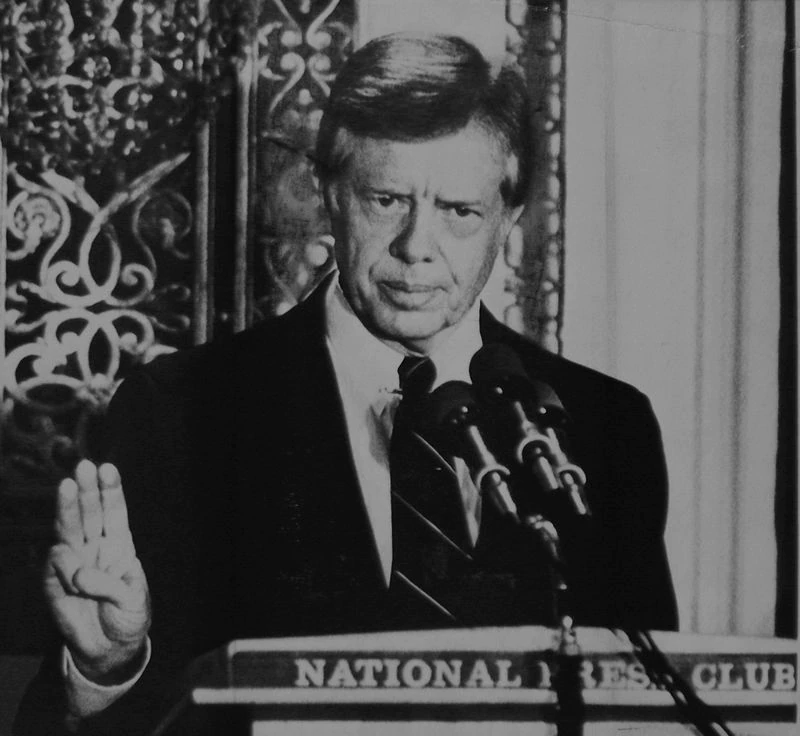Today in sports history (1980), United States president Jimmy Carter set the plan for Team USA to boycott the 1980 Summer Olympics. In response to the Soviet Union’s planned move into Afghanistan, Carter wrote an ultimatum. He presented this ultimatum on Jan. 20, saying the Olympics be moved to an alternate site or canceled if the Soviet Union doesn’t move their troops in a month.

Effect of United States Olympics Boycott
Carter urged other countries to join in on the boycott.
“It’s very important for the world to realize how serious a threat the Soviet invasion of Afghanistan is,” Carter said. “I personally do not want to inject politics into the Olympics and I would personally favor the establishment of a permanent site for both the Summer and Winter Games.”
Mixed reactions came from American athletes. Many athletes joined the thought that this could be the greatest threat to peace since WWII. Carter received support from others in the country, including political opponents. Needing the help of other countries, Carter sent Muhammad Ali to Africa to help gain support. The United States was just coming off of the “Miracle on Ice,” where many thought that the best way to settle disputes was through competition.
The United States Olympic Committee eventually met. With extreme pressure from government officials, the USOC voted to forego the competition. That resulted decision resulted in 63 other countries joining the USA. 80 countries competed at the Olympics that year.
Carter tried to appease the athletes by giving them medals and scheduling alternate events. With this boycott not furthering Carter’s presidency, many athletes have spoken out. Rower DeFrantz called it “a pointless exercise and a shameful part of U.S. history.”






